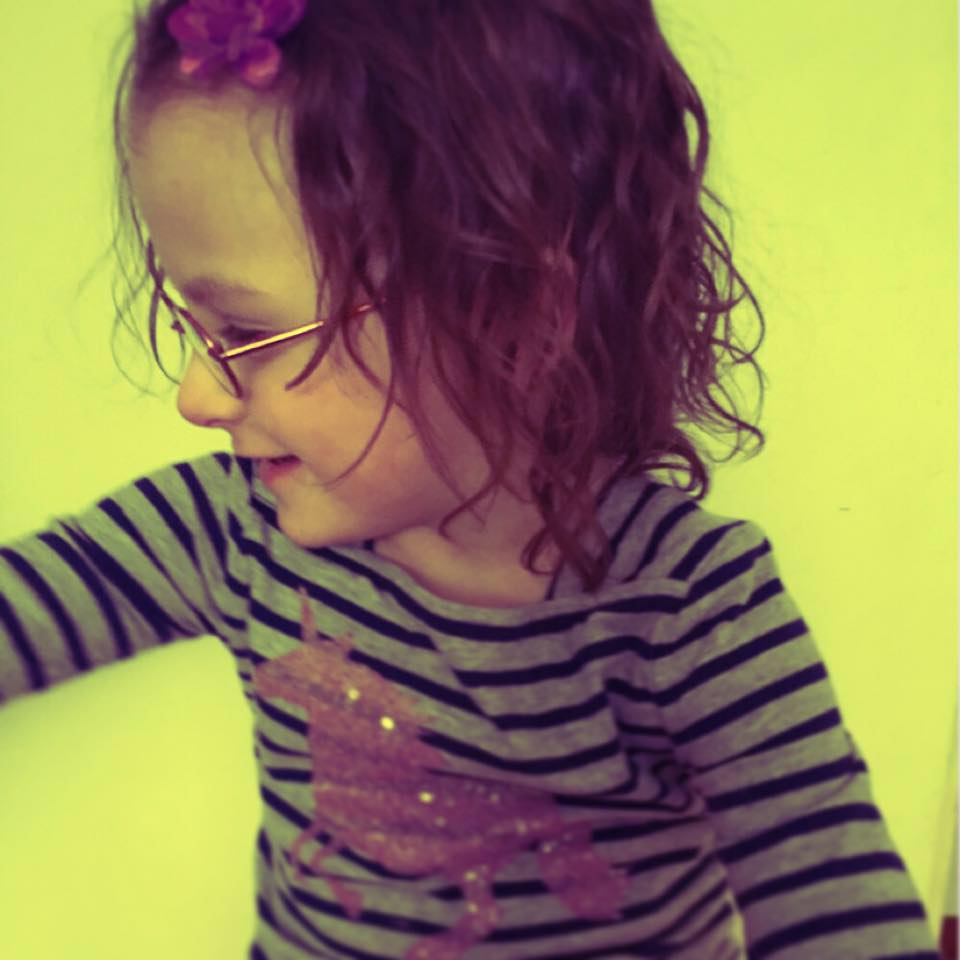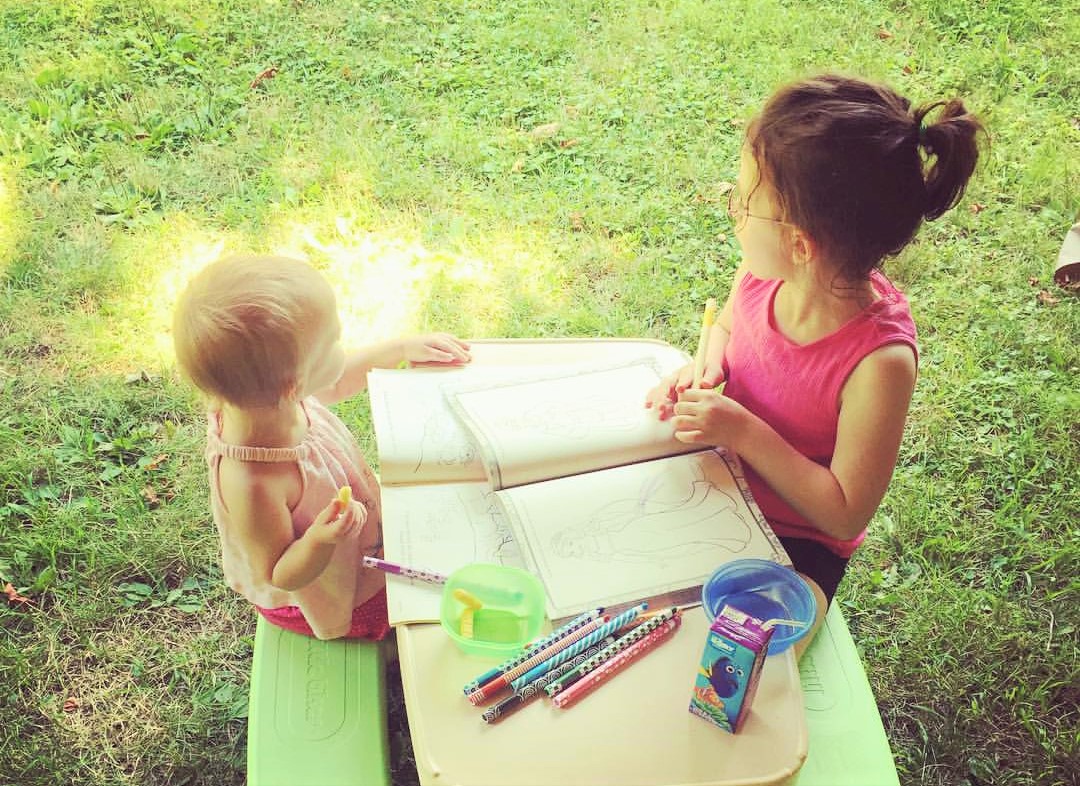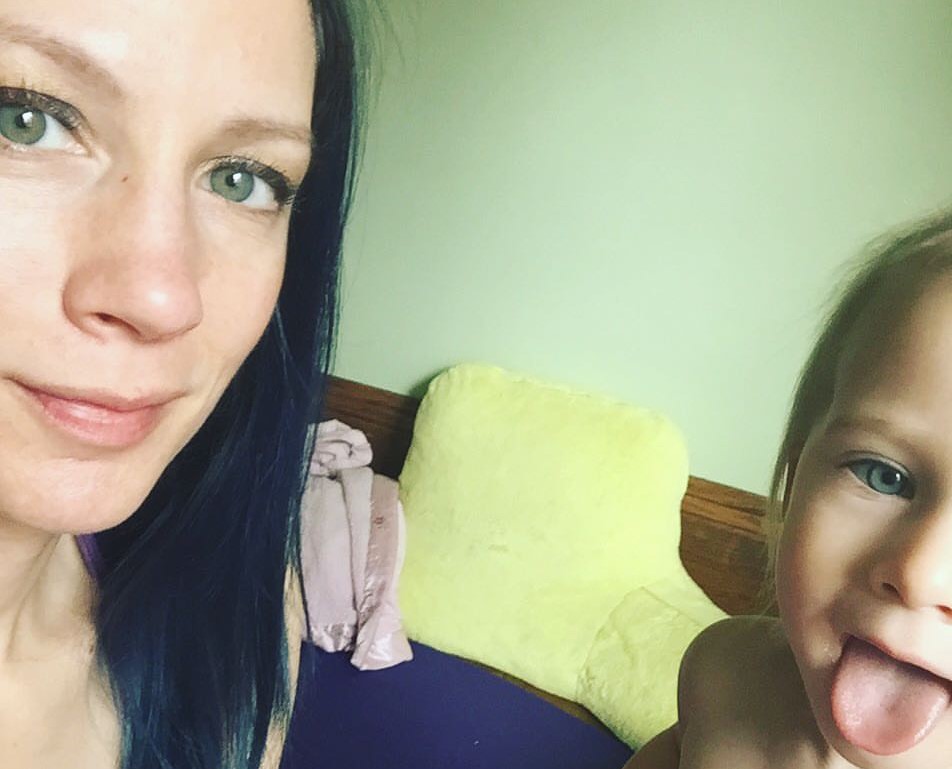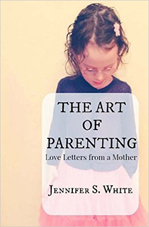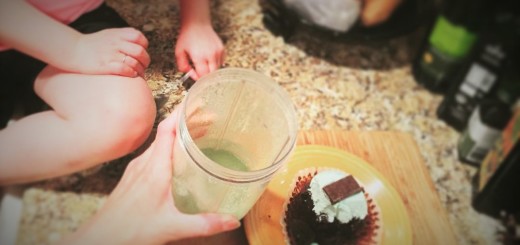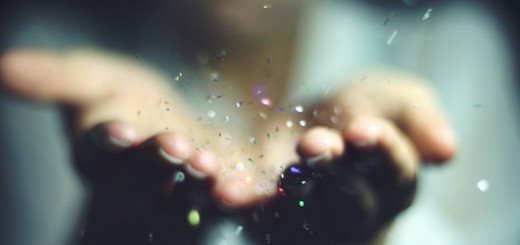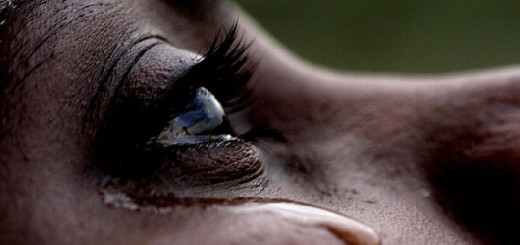There Are Lots of Ways to Be a Little Girl
I had this vision of how I would raise little girls, well before I became a mother in real life. And then I had kids.
And then I had kids and have been continually in awe of how early on individuality shows itself.
When I became a mother, it was to a daughter. Only this little girl was not a dress-loathing “tomboy” like I was—like I expected. She loved dresses. She loved anything fancy and twirly and sparkly and that resembled a tutu—or was a tutu.
She didn’t love dolls like I did, at least not until she was a little older. Instead, she was rambunctious and almost an adrenaline junkie. But she was a stereotypical “girl” in many ways, and, initially, these “girly” attributes bugged me.
As a feminist and a supporter of LGBTQ rights—I’ve repeatedly verbalized that one thing I don’t “expect” is for my kids to necessarily be straight—wasn’t I supposed to loathe dressing my girls in pink and endorsing princess narratives? (Even if I happen to adore pink, and princesses?) I don’t expect them to be straight, but I am. I’m White. I’m straight. I’m someone who could relatively easily ignore this conversation and exploration of feminism and femininity entirely.
One afternoon a few years back, my daughter (and I) fell in love with the movie Brave, and with Princess Merida. We fell in love with her, together, in what was one of the very first—and, to this day, only—things my daughter thought worthy enough to sit down and watch the entire way through. She wanted to be Merida for Halloween when she was three. At first, I didn’t want to let her.
It came to me after contemplation that was deeper than really necessary—that I should, of course, let her be Merida. What the hell is wrong with her being Merida? I arrived at this conclusion, I’ll admit, because Merida seemed to me a sort of “Disney princess feminist”—if there could be such a thing. But what if she had wanted to be, say, Sleeping Beauty? What then?
My daughter does wear sparkly tutus. Recently, after a discussion about a heartwarming story of a mother supporting her little boy wearing his tutu, my husband said, “Who wouldn’t think wearing a sequins-covered tutu would be fun?”
I’ve also been in the “boys” section with my daughter when she wanted boys’ shoes. I was steered towards these, according to her, because they were better colors. I was promptly steered away by the store’s staff because “boys’ shoes fit differently than girls’.” When this didn’t exactly make sense to me, though, the salesperson couldn’t elaborate, but ensured me they did. We didn’t buy boys’ shoes that day. Often we don’t shop in the boys’ section of stores, although my daughter sometimes wants to.
I’ve soul searched on this, and I have no elaborate reason for it, other than we just seemingly innately go to the girls’ side. Truthfully, I wish there weren’t such clear, aisle- and section-marked divisions, and that I didn’t have to do so much freaking soul searching while I’m trying to shop with antsy little kids.
But it’s worth thinking about. My conscious and subconscious behaviors and reactions towards how they dress—and their own behaviors—are worth exploring.
I often wonder why can’t we present clothes to our kids with less judgment? Isn’t being a person hard enough in many respects, aside from having to be so picked apart by if we’re wearing sequins, or not?
Why did I struggle so much more with letting her get a simple pair of shoes from the “boys’ side” than I truthfully wrestled with a Merida Halloween costume?
Sexuality isn’t a part of this discussion. I now have two daughters, and they’re six and nearly two—sex isn’t exactly on our plates quite yet. Gender is. “Boy” and “girl” are. What if my kids fit neither correctly? What if no one really does?
My daughter, last year, wanted to be a Princess Dinosaur. I thought that was rad. This year she wants to be a butterfly. Her costume is pretty “girly”. These costumes have gotten me thinking about my girls and their clothes, and how greatly I want them to feel both expressed through their clothes and not defined by them either.
I’ve tried to reinforce to my kids that it’s OK to like clothes (because they both do), but that what we dress ourselves in doesn’t always represent people. People are so much more. Not everyone can afford the clothes that would perhaps best represent them on the inside. Clothes can be important, but they aren’t as important is they can feel.
Yet this isn’t fair. We traditionally judge people based on appearance, and clothing is a gigantic part of this. Additionally, we can use our appearances as a form of self-expression; as a silent way to show other people aspects of ourselves that are important to us. In part, this is why I have purple hair.
It was blue. I dyed it last winter because it seemed fun. More importantly, I wanted to remind my children that appearance is something we can have fun with and that, simultaneously, we shouldn’t take too seriously. This isn’t to say I don’t carefully dress and wash and care for my children. I want them to have every advantage they can—as parents do. But at what point are my own fears of representation, and my perceived ideas of advantages—like dressing as a stereotypical “girl”—my own internal opinions or concerns and not necessarily reality?
It seems we often help our children live their lives through how our own happened to go. Instead, they are individuals. Our roles as parents should be to help them become they best people they can be, not that we want them to be, especially because there’s a chance it might be easier.
My daughter started kindergarten, and it struck me she would be more directly affected with things like “clothes”—and “boys and girls” than she had been thus far; with problems and the hardships and joys of growing up and learning about ourselves and how we fit in with society—with how maybe we don’t fit in. More than I consciously remind myself to pay attention to things like gender and clothes, I’m reminded to understand that my daughters have to live their own lives, not the one I create or expect for them.
My daughters’ narratives are still being written. Their lives and individuality are still unfolding, both to them and to me as their parent. I am not the main storyteller, no matter how badly I occasionally wish I was.
My daughters will experience gender inequality. My daughters will learn how this world is beautiful, but not always fair. My hope isn’t to mask the real world, or to pretend we are somehow buffered against still-existing stereotypes by self-awareness or privilege. My dream is to offer to them a glimpse of my heart; a fraction of the kind of love that I feel for my babies—that they are infinitely more than current societal standards and infinitely less special in some ways, too.
Who makes some of us more important than others? Sure, there are social hierarchies—particularly in school—and people who are admired, such as celebrities. There are even actual laws. But, at the end of the day or at the end of a lifetime, who we are is partly compiled of who we are inside and who we want to display we are to the rest of the world.
I want my kids to display to the world who they are on the inside. I want them to know they are good enough as they are to not have to wear a socially constructed mask.
I want my daughters to wear boys’ shoes if they fucking feel like it.
I want them to be princesses for Halloween.
I want them to be who they are mean to be and not who I feel I should be raising, with my own parental agenda through my life’s subjective experience.
Who knows? Maybe a generation of children raised to understand there’s nothing cooler than being supportive of expressing individuality—and finding happiness in what makes us unique—might change the world’s story.
